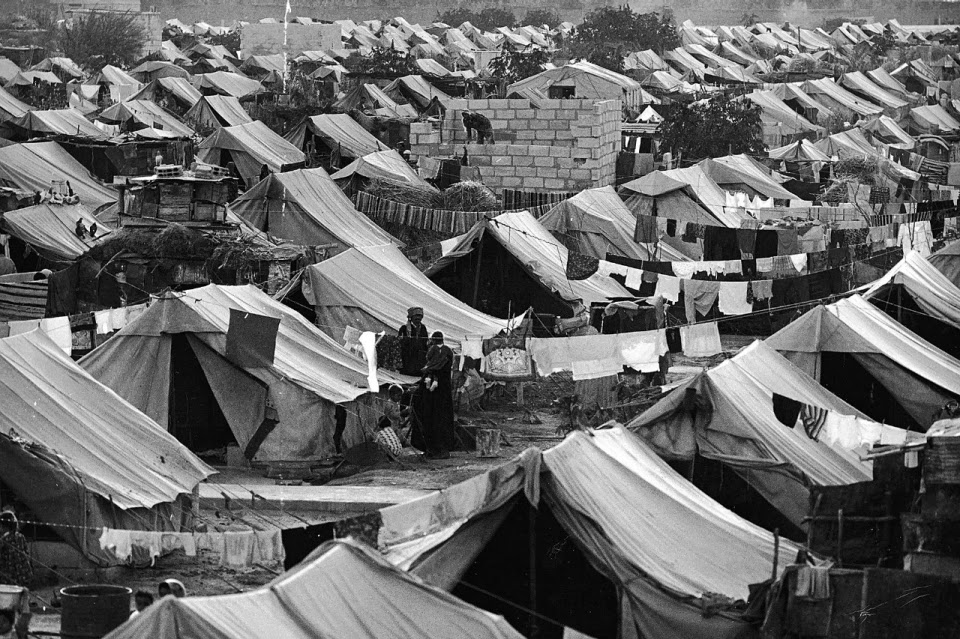Duty holders may be primary/principal and/or secondary/ancillary. It is generally understood that primary duty holders fall under one or more of the following designations as being: "authorities,” "responsible parties,” "perpetrators,” "instigators” and/or "protectors.” Duty holders can be territorially specific (i.e., responsible for authoring or regulating actions within a state’s jurisdiction or area/territory of effective control), or an instigator of the harm/deprivation. Whether by committed action, instigation or condoning actions, or omissions leading to violations, the state, as the author of international law subject of various levels of duty, is always a principal and primary duty holder for actions or omissions within its "jurisdiction and area of effective control” leading to harm subject to dispute. The jurisdictional state is a "primary duty holder” in all situations.
In case of a dispute, only a tribunal or other judicial process can determine the fact and level of a state’s (and others’) "duty” and "liability.” Relating to the accountability side of the equation, the following levels and categories of duty (and potential liability) present themselves, depending on the type of agreement to which the state is party.



